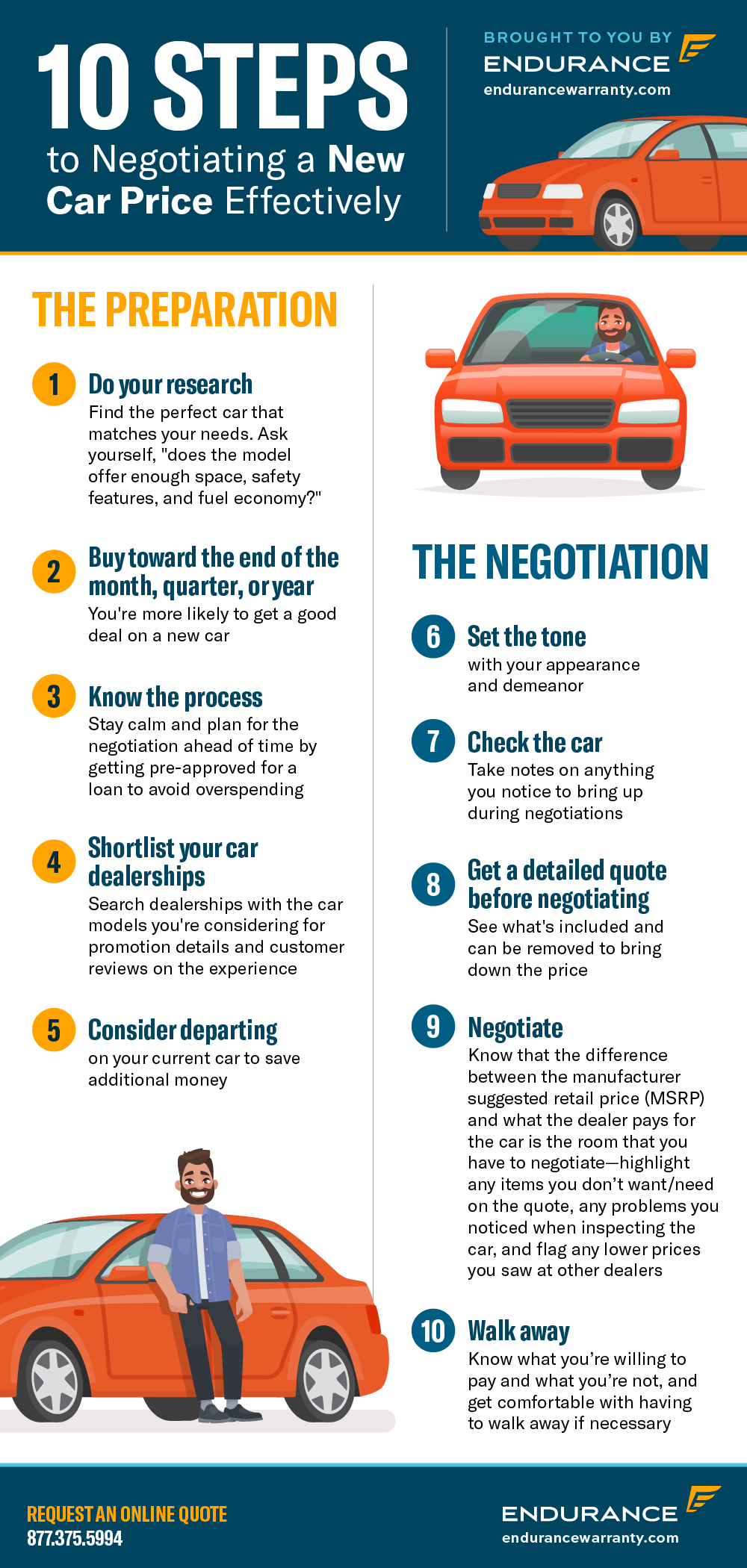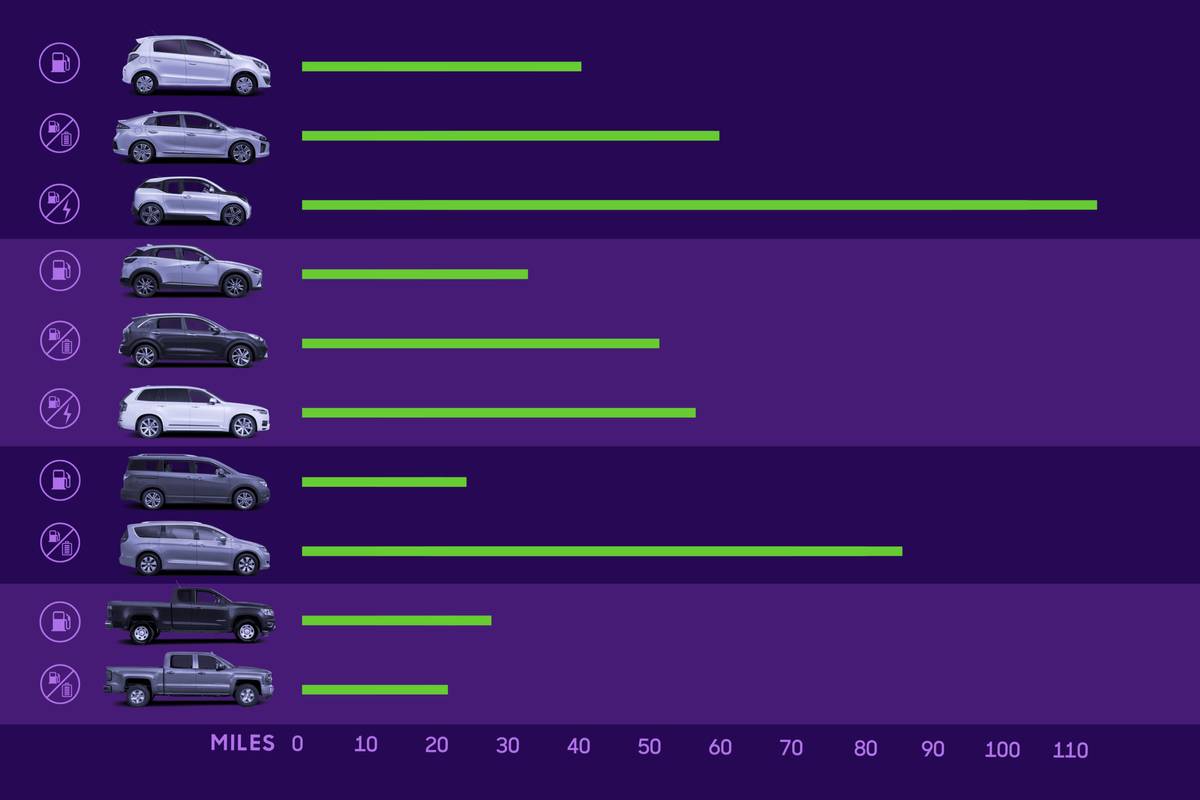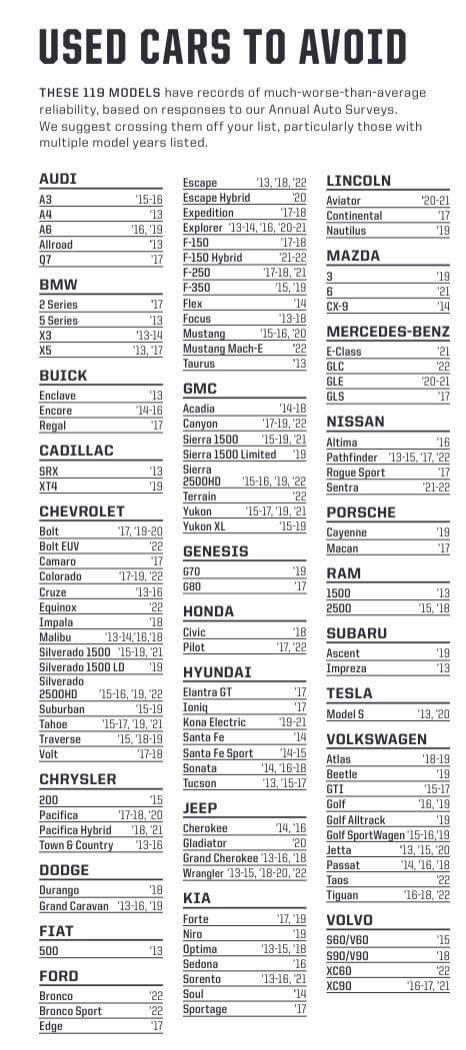How to Negotiate Used Car Price
To effectively negotiate a used car price, start with research and remain firm yet polite during discussions. Aim to know the car’s market value and utilize that knowledge to guide your bid.
Buying a used car can be a cost-effective option, but it also requires savvy negotiation skills to ensure you’re getting the best deal possible. Before you enter a dealership or meet with a private seller, arm yourself with ample information about the vehicle’s condition, the average market price, and its demand.
A strong and informed negotiation stance comes from understanding these key factors and using them as leverage during price discussions. Patience and confidence are your allies as you navigate through the bargaining process. Remember, the goal is a fair price for both parties, reflecting the true worth of the car and the value it will provide you as the buyer.
The Art Of Haggling: A Primer
Negotiating a used car price can feel like a chess game. With the right moves, you win a great deal. This guide helps you master the haggle, driving away with value in the rearview mirror.
Setting Your Price Ceiling
Determine your budget first. Stick to it fiercely. Key tips include:
- Review your finances.
- Account for all car-related expenses.
- Set a max offer.
Never reveal this number to the seller. Keep it as your secret weapon.
Research To Back Your Offer
Solid research makes your offer ironclad. Use these steps:
- Gather data on similar car models.
- Use trusted sources like Kelley Blue Book or Edmunds.
- Check the car’s history and mileage.
Arm yourself with recent sales and listings. Show compelling reasons for your price.

Credit: www.youtube.com
Preparation Before The Encounter
Entering the realm of used car negotiations is no small feat. Knowledge is power. Proper preparation transforms stress into a straightforward discussion. Follow these critical steps to gain the upper hand before ever setting foot on the dealership lot.
Market Value And Comparative Analysis
Understand the fair market value of the car you have your eye on. Use authoritative online platforms. Compare prices of similar models with the same mileage and condition. This research forms the backbone of your negotiation stance.
- Check the Kelley Blue Book value for a baseline.
- Examine listings on AutoTrader, Cars.com, and other car sites.
- Note prices and features of comparable vehicles.
Vehicle History And Condition Assessment
Request a comprehensive vehicle history report. Identify any past accidents or issues. A physical assessment is also critical. Look over the vehicle thoroughly or get a mechanic’s inspection for an unbiased view.
| Checklist Item | Details |
|---|---|
| Exterior Inspection | Look for rust, dents, and scratches. |
| Interior Check | Ensure electronics and features function properly. |
| Mechanical Evaluation | Listen for strange noises; check oil and fluid levels. |
Pre-financing Options
Explore your financing options beforehand. Approach banks and credit unions for pre-approval. Knowing your budget and available rates places you in a stronger bargaining position. You can confidently steer the conversation towards the price, not the payment.
- Shop around for the best loan rates.
- Get pre-approved for a loan amount.
- Keep your budget in mind during negotiations.
The Initial Approach
When searching for a used car, your initial approach sets the stage for successful negotiations. Strong negotiating skills ensure you pay a fair price. Before making that first call or visit, arm yourself with knowledge about the car’s value, condition, and market demand. Ready to dive into the process? Let’s make that first contact with a touch of confidence and savvy!
First Contact With The Seller
The moment you connect with the seller is critical. Present yourself as informed and straightforward. Ask clear questions about the car’s history and current condition. Express your interest without showing too much excitement. This can help you later when discussions about price begin. Ensure to schedule a time for a thorough inspection and test drive. Here’s a checklist for your initial conversation:
- Verify the car’s make, model, and year.
- Ask about recent repairs and maintenance.
- Inquire about the car’s accident and ownership history.
- Discuss any warranties or guarantees still in place.
- Set up a meeting for a detailed inspection and test drive.
Testing And Inspecting The Used Car
Testing and inspection are key. They determine the car’s true condition. Take note of any flaws or issues you find as they will be essential for negotiating. Check these points:
- Perform a thorough walk-around to inspect the car’s exterior.
- Check the interior for wear and functionality.
- Ensure the engine starts smoothly and runs quietly.
- Go for a test drive to assess performance and comfort.
- Consider a professional mechanic’s evaluation for an unbiased opinion.
Keep a list of any issues to discuss during price negotiations. Ensure everything is verified and nothing is overlooked. Your findings will serve as a bargaining leverage.

Credit: www.endurancewarranty.com
The Negotiating Dance
Negotiating a used car price can feel like a dance. Both parties move back and forth until they find common ground. Precision, timing, and strategy all play vital roles in getting a fair deal.
Making The Opening Offer
Do your research before stepping onto the ‘dance floor’. Know the car’s value and your budget. Start below your max price. This gives you room to move up. A strong opening offer sets the stage for negotiation.
- Check online for the car’s average selling price.
- Inspect the car’s condition for any negotiation points.
- Propose an offer that’s reasonable but leaves wiggle room.
Handling Seller Counteroffers
Expect the seller to counter. It’s part of the dance. Stay calm and ready. Listen carefully to their points. Show respect and keep the dialogue open. Always be prepared to walk away if the deal does not meet your terms.
Assess each counteroffer on its merits. Use your research to debate the price. If the seller won’t budge on price, try negotiating for extras like warranties or maintenance services.
- Review the counteroffer against your research.
- Respond with facts to support your price.
- Consider non-price factors in the negotiation.
Closing The Deal Gracefully
Mastering the final steps in buying a used car ensures a smooth transaction. Closing the deal gracefully involves a firm handshake on price, clear paperwork, and sound payment terms. Dive into each part of these last moments to transition from negotiation to celebration seamlessly.
Agreeing On A Price
Once you test drive the used car and are happy, it’s time to talk numbers. Begin with your researched offer, indicating why it’s fair. Listen to the seller’s counter-points with respect. Aim for a win-win outcome. A calm, collected demeanor keeps the atmosphere positive, helping to secure an acceptable price for both parties. When you reach a mutual agreement, it’s a goodwill gesture to shake hands to signify the deal’s success.
Paperwork And Payment Terms
The excitement of owning a new car is real, but don’t rush past the paperwork. Review all documents thoroughly. This includes the title, service records, and any warranties. Clear documentation avoids future misunderstands. Discuss payment methods and opt for secure transactions, such as bank checks or electronic transfers. Settle on a payment plan that works for both and get a receipt. Once everything checks out, finalizing the deal confidently stands as the last step to driving your new, well-negotiated car home.

Credit: charlottelegaladvocacy.org
Common Pitfalls To Avoid
Negotiating for a used car requires attention to detail. Mistakes can cost dearly. Knowing common pitfalls helps buyers avoid such errors. Stay informed and aim for a favorable outcome.
Emotional Attachment And Impulse Buying
Emotions often cloud judgment. A shiny exterior or a plush interior can mesmerize buyers. Emotional attachment leads to impulse buying. This snap decision can overshadow practical aspects. Here are steps to stay objective:
- Set clear requirements for your desired car.
- Create a budget and stick to it.
- Research market prices for models in question.
- Take time to think over the decision.
- Seek opinions from trusted friends or family.
Neglecting A Professional Inspection
Saving on an inspection might seem appealing, but it can be costly. Never skip a professional inspection. Unnoticed problems can lead to unexpected repairs. Follow this check-list before finalizing a deal:
- Find a reputable mechanic knowledgeable in the car’s brand.
- Schedule an inspection before purchase.
- Check the car for hidden damage.
- Match inspection findings with vehicle history reports.
A clean report means a green light, but red flags warrant further negotiation or walking away.
Frequently Asked Questions On How To Negotiate Used Car Price
What Factors Affect Used Car Prices?
Used car prices are influenced by mileage, condition, location, make, model, and demand. Cars with lower mileage and better condition usually fetch higher prices. Rare models or those in high demand can also command premium pricing.
How To Start A Used Car Price Negotiation?
Initiate negotiation by expressing interest and asking questions. Mention the car’s positive points, then discuss areas of concern that justify a lower price. Start with an offer below the asking price, giving you room to negotiate upwards.
Can You Negotiate Used Car Prices At Dealerships?
Yes, negotiation at dealerships is common. Research the market value of the car beforehand and come prepared to discuss pricing. Dealers often have a negotiable margin built into the sticker price, especially if you’re informed and have a clear price limit.
What’s The Best Way To Research Car Value?
Research car value through trusted sources like Kelley Blue Book or Edmunds. These platforms provide estimates based on the car’s make, model, year, condition, and market trends. They give a good indication of what to pay or ask for a used car.
Conclusion
Negotiating a used car price can be straightforward with the right approach. Remember to do your homework, remain calm, and be ready to walk away if needed. Use these tips to secure a fair deal on your next vehicle. Drive away confident, knowing you’ve maximized value and minimized cost.






